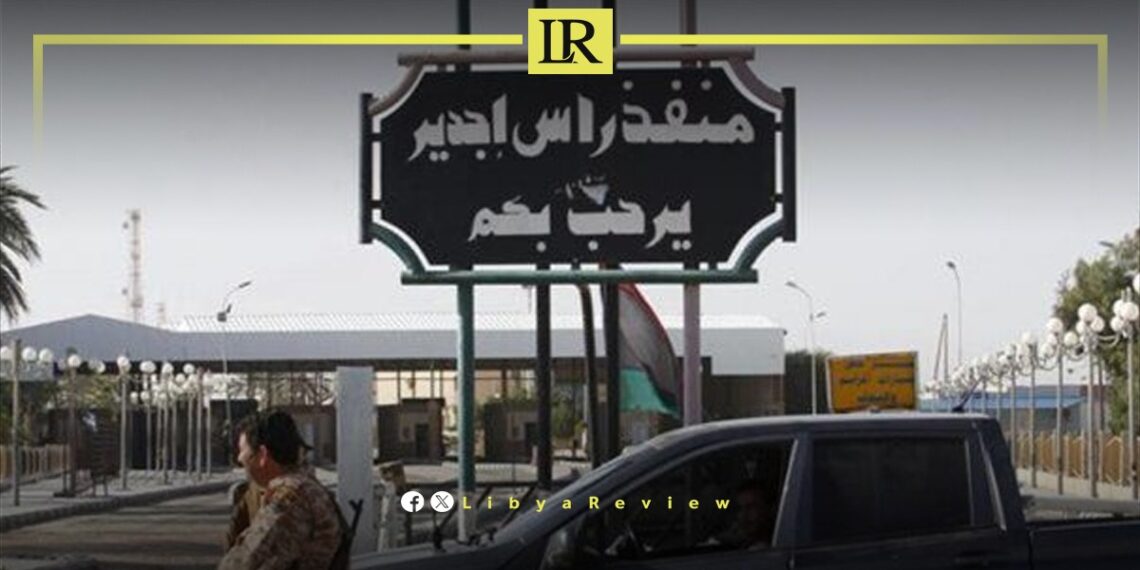The head of the Tunisian Human Rights Observatory, Mustafa Abdul Kabir, commended the Tunisian authorities for their management of the situation following the closure of the Ras Ajdir crossing by Libya. Abdul Kabir emphasized Tunisia’s restrained approach, focusing on coordination with Libya rather than imposing extraordinary measures, ensuring the crossing remains accessible for Tunisians and humanitarian cases.
Abdul Kabir also highlighted Tunisia’s potential to mediate between conflicting Libyan parties, noting the crossing’s economic importance for both countries. Meanwhile, Libyan Interior Minister Emad Al-Trabelsi declared that the Ras Ajdir border will only reopen under full state authority, indicating the government’s determination to reestablish control and readiness to employ force if necessary.
Al-Trabelsi pointed out the government’s efforts to combat smuggling and illegal activities at the border, condemning any attacks on police forces as criminal actions aimed at undermining security. He refuted claims against the Interior Ministry’s management of the area, underlining the police force’s national responsibility in upholding law and order across Libya.
Following these developments, the Tunisian Ministry of Transport reported the ongoing closure of Ras Ajdir, with Libya halting passenger and cargo traffic due to security concerns, while cross-border activities continue at the Dhehiba crossing. The closure stems from the Libyan Government of National Unity’s response to security breaches, with plans underway to secure the border for its eventual reopening and a firm stance against any disorder, including legal repercussions for those causing unrest.


